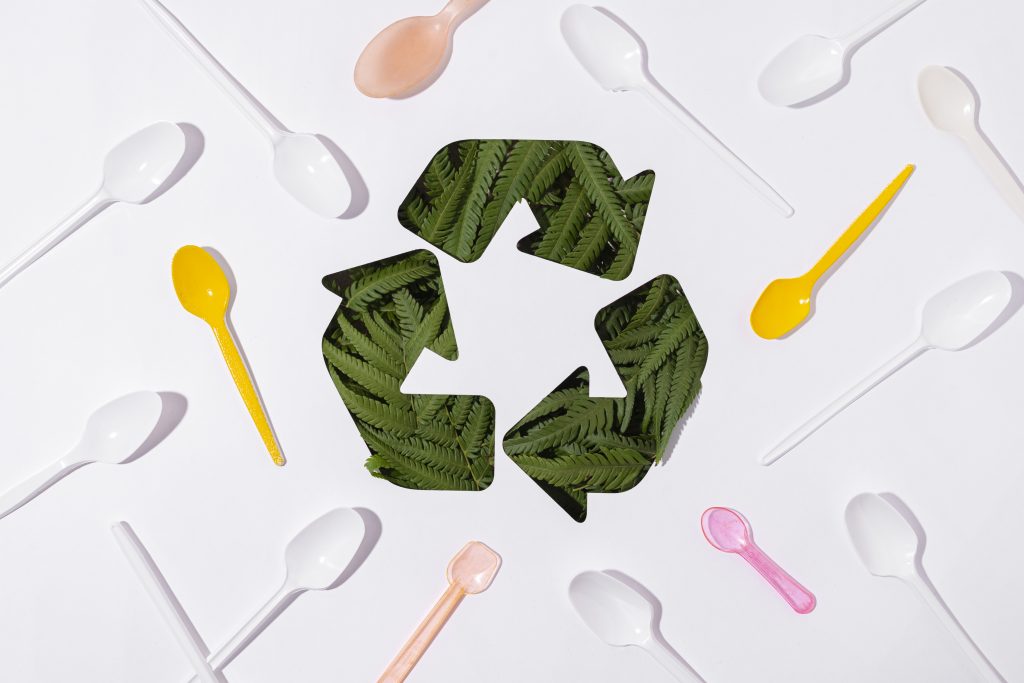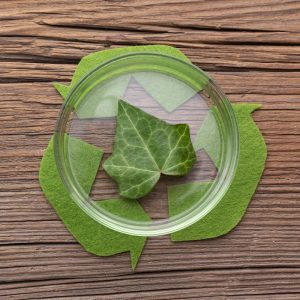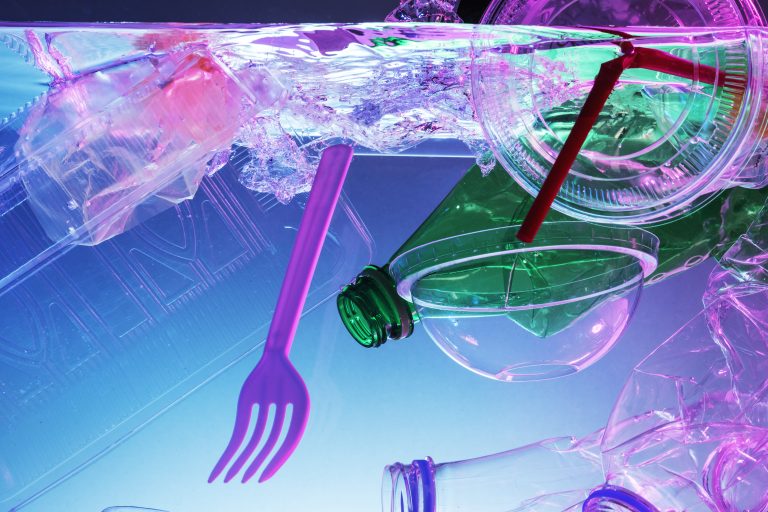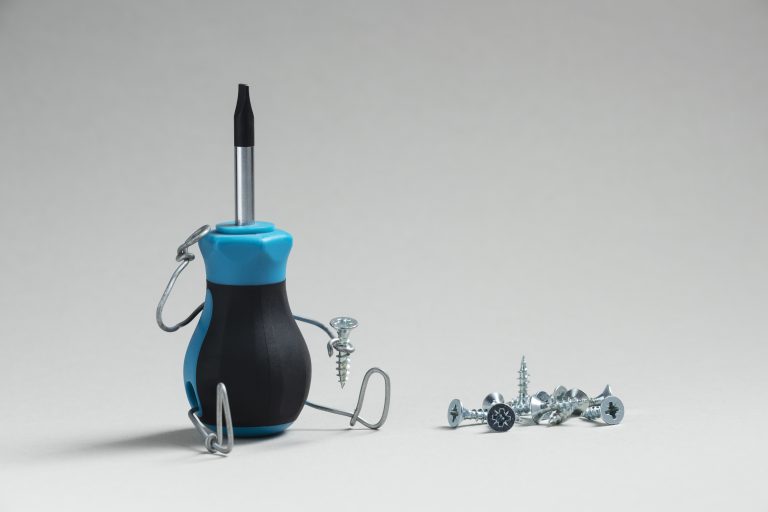The manufacturing sector as a whole has been investing heavily in creating sustainable working processes in recent years to reduce the environmental impact that it is causing around the world. Plastic injection moulding in particular has faced issues around how to lower the impact that traditional plastics are having on ecosystems, pollution and non-recyclable waste. As a result, there has been a growing focus on incorporating eco-friendly products and biodegradable materials into the process. After all, plastic is traditionally not seen as the most sustainable choice when it comes to manufacturing materials.
Sustainable Materials in Injection Moulding
Shocking figures around plastic pollution abound online. Around 300 million tonnes of plastic are produced every year with only 9% of that recycled, according to the UN Environment Programme (UNEP) (SOURCE). One million plastic bottles are bought and two million plastic bags used every single minute globally. World plastic production has doubled in just 50 years.
Clearly, plastic is not going anywhere when it comes to manufacturing and consumer choice for products across most, if not all sectors. So, the onus is on manufacturers to work in as sustainable a way as possible. Although there are many effective plastic alternatives, the material remains popular for its versatility, durability and ease of use.
Demand is growing for environmentally friendly manufacturing plastic injection moulding solutions. These include reducing energy use, cutting down on waste and using sustainable materials in injection moulding. Each one demonstrates a more responsible, greener approach to injection moulding. Such moves help reduce manufacturers’ carbon footprint and allow customers to make more informed sustainable choices when deciding whom to work with.
Eco-friendly Materials and Processes
One highly effective way in which plastic manufacturing companies can reduce their environmental impact is by opting for recycled plastics. Their use is gaining traction as technology catches up with the desire to switch to sustainable operational practices. Reclaimed plastics are more readily available from post-industrial waste and consumer rubbish redirected from landfill. These can now take the place of brand-new plastics, equalling them in both quality and durability. Biodegradable plastics are another key innovation. They break down naturally and offer hope for a cleaner manufacturing future.
Another area where large strides are happening is in energy efficiency. Using renewable energy to power injection moulding machines and to light and heat facilities is easier than ever before. Cutting down on waste by reusing surplus plastic materials and moving to more sustainable packaging is another area where plastic injection moulding companies can make a difference. This can also help reduce emissions and help keep non-recyclable packaging out of landfill.
Benefits of Sustainable Injection Moulding
Quite aside from the proven environmental advantages to turning to greener manufacturing processes and sustainable materials in injection moulding, there are multiple benefits for the manufacturer and its customers too. The current trend for sustainable working is showing no signs of abating. Proving that you can offer greener manufacturing and plastic injection moulding techniques is a compelling marketing message.
This benefit can be passed on to customers too. They can, in turn, tell their own customers that they are working with suppliers who are dedicated to reducing carbon footprint and lowering the environmental impact of their operations. Working more sustainably also helps manufacturers comply with environmental legislation and industry guidelines. It can also potentially attract funding and support from other avenues. Businesses will be keener to work with manufacturers who can show that they have actively sought to solve problems around environmental impact and that take their corporate social responsibility very seriously.
Questions to ask your Sustainable Manufacturer
If sustainability and lower carbon footprints are priorities for you, it is important that you choose a manufacturer who shares the same values. When first talking to a plastic injection moulding company, take time to find out how they work sustainably and lower their environmental impact. This should be as straightforward for the company to answer as any other operational query if they are truly dedicated to building sustainable solutions.
Areas to ask about include choice or sustainable materials in injection moulding, including plastic alternatives and recycled or reclaimed plastics. How are the injection moulding machines, heat and light powered on site at their facilities – do they use renewable energy? How is waste handled, and what is product packaging made out of? Find out what environmental accreditation the company has, as well as any associated awards that have been won – and marketing campaigns run.






